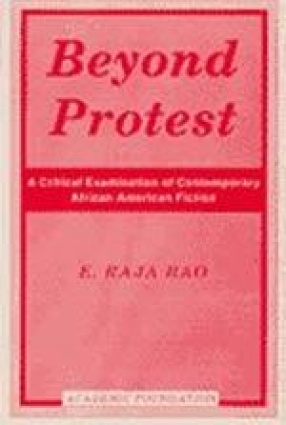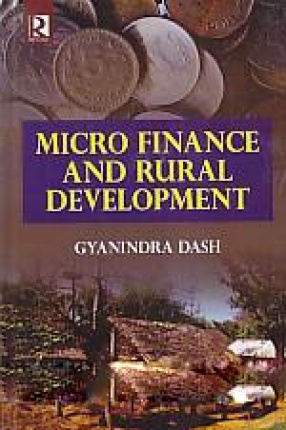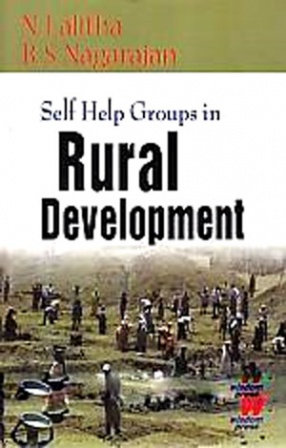Departing from the traditional criticism of African fiction, E. Raja Rao’s criticism shows how the contemporary African American fiction, strongly based on the indigenous " aesthetic tradition " of African American literature, has come of age in the 1960s, a period commonly regarded as the SECOND HARLEM RENAISSANCE. The works analyzed in light of the "aesthetic tradition" of African American imagination range from CYRUS COLTER’s The Rivers of Eros through ISHMAEL REED’S Mumbo Jumbo, CLARENCE MAJOR’S Reflex and Bone structure , CHARLES WRIGHT’S The Wig to ALICE WALKER’S The Color Purple. Raja Rao argues that the traditional African American literary criticism strongly influenced by the mainstream critics veered round what is known as the " Protest tradition " of the African American literature. Too much emphasis on the " Protest tradition " both by the whites as well as the blacks, Raja Rao claims, is responsible for much of the distortion caused to the evaluation of the African American fiction in the past. True heirs to the post-Ellisonian tradition, the contemporary writers like Colter, Reed, Major, ( Charles ) Wright and ( Alice ) Walker no more operate in the limited framework of the " Protest tradition " which has a decrepit influence on the work of art. As Practitioners of the " apologue ," to use the terminology of Robert Scholes, they reinforce the concept of the " aesthetic traditions " of African American literature by their works as literary constructs. Raja Rao discusses in the book the Various literary forms successfully adopted by the American writers of the sixties. Colter adopts the neo-Gothic imagination in his novels. Reed uses mythopoesis for incorporating a cosmic vision in his novels. Major suits his works in the nouveau roman tradition of French origin. Wright works in the tradition of black humor ( humor noir ) Whereas Walker sets her work on the theme of androgyny. By analysing the varied literary constructs as adopted by the different writers of the sixties, Raja Rao concludes that the contemporary African American writers neither fall a victim to the " Protest tradition " of the yester-years, nor become a votary of the exponents of the Black Aesthetic movement of the sixties. With neither bias nor hatred for the American as well as European forms , the contemporary Afro-American writers have transmuted the black suffering into the metaphor for the twentieth century problems. Transcending racial distinction between the blacks and the whites, the " aesthetic pushes out the boundaries of African American criticism as a serious humanist enterprise. Raja Rao traces the development of a significant tradition in African American fiction, namely the " aesthetic tradition " which has gone almost unnoticed by scholars and critics. Beyond Protest, the first successful comprehensive work to study the major stand of the African American literary tradition is certain to have its impression on African American literary criticism. Excerpts from the Foreword…….. Professor E. Raja Rao’s Beyond Protest : A Critical Examination of Contemporary African American Fiction is a welcome addition to the commentary about Afro-American fiction. There are a number of crucial issues and trends in America at the present time that will Determine the fate of the still somewhat New World; but no question needs closer examination that the question of " Black Identity " or " African- American Identity." Dr. Rao’s book is Important because it shows in scholarly and precise ways how " African-American " writers ( a term preferred now by "Black" Americans ) have struggled to assert their humanness and their affiliation with international and universal aesthetic movements without renouncing the specific African-American content of their lives in America. Just as Dr. Rao’s study shows how all members of a given society are " secret sharers " in the traditions of that culture, so he also demonstrates that criticism crosses national boundaries in today’s world. Within the "global Village ", it is possible for a researcher in Orissa to see deeply into the Harlem experience. Indeed, it may be possible for such a researcher to see Harlem more clearly than an American can see it somewhat dispassionately…. I Learned in my trips to India that late Modernism can learn from the decencies of a traditional society. Professor Rao embodies in his advanced study. — Howard Wolf ( Professor of English and American Literature at the State University of New York at Buffalo, U.S.A.)
Micro Finance and Rural Development
$41.40
$46.00





There are no reviews yet.